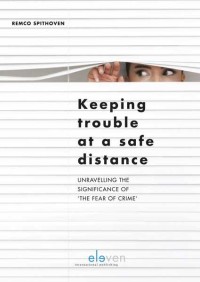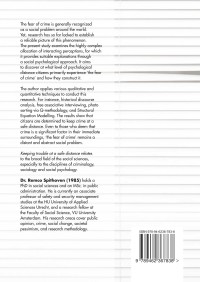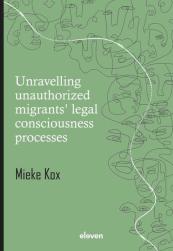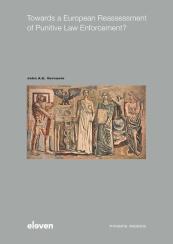Keeping trouble at a safe distance
Unravelling the significance of ‘the fear of crime’
The fear of crime is generally recognized as a social problem around the world. Yet, research has so far lacked to establish a reliable picture of this phenomenon. The present study examines the highly complex allocation of interacting perceptions, for which it provides suitable explanations through a social psychological approach. It aims to discover at what level of psychological distance citizens primarily experience 'the fear of crime' and how they construct it.
The author applies various qualitative and quantitative techniques to conduct this research. For instance, historical discourse analysis, free associative interviewing, photo sorting via Q-methodology, and Structural Equation Modelling. The results show that citizens are determined to keep crime at a safe distance. Even to those who deem that crime is a significant factor in their immediate surroundings, 'the fear of crime' remains a distant and abstract social problem.










